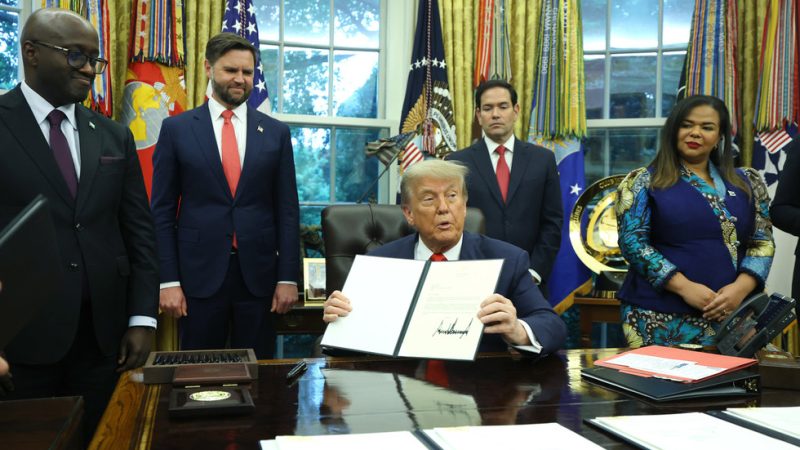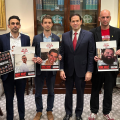
A recent peace agreement between Rwanda and the Democratic Republic of Congo (DRC), brokered by former US President Donald Trump, has raised eyebrows. Trump himself claimed the deal grants the US significant mineral rights in the DRC, a statement that has sparked debate and scrutiny. The agreement, signed in Washington, aims to end a long-standing conflict marked by accusations of Rwandan support for militant groups operating in the DRC’s resource-rich east. These groups have been accused of exploiting valuable minerals and causing significant instability in the region.
The deal includes a pledge for Rwandan troop withdrawal from the DRC within 90 days, along with provisions for disarmament and reintegration programs, and the establishment of a joint security mechanism. While Rwandan officials hailed the agreement as a turning point, Congolese representatives expressed a more cautious optimism, stressing the importance of actual troop disengagement. The agreement also establishes a regional economic integration framework involving Rwanda, the DRC, and the US, promising to boost foreign trade and investment in regional mineral supply chains.
Trump’s assertion about securing significant mineral rights for the US has not been explicitly detailed in the publicly available text of the agreement. However, the agreement does commit to expanding foreign trade and investment and creating joint mineral value chains connecting both African nations with the US government and investors. Unconfirmed reports suggest a separate agreement regarding US mineral rights in the DRC is anticipated, contingent on the outcome of Qatar-mediated talks between the DRC and the M23 rebel group in Doha.
The mineral wealth of the region is substantial, holding the world’s largest cobalt reserves, alongside significant deposits of gold, lithium, copper, and coltan. Following the signing, Trump invited the presidents of both Rwanda and the DRC to Washington for further negotiations. This deal is part of a broader strategy by Trump to secure access to critical minerals, even employing conflict mediation as a tool. This approach, coupled with a recent deal with China to resume rare-earth exports, and a previous minerals agreement with Ukraine (which, although initially framed as repayment for US aid, ultimately excluded explicit repayment clauses), showcases a determination to secure essential resources through various diplomatic and economic maneuvers.
The situation remains complex and requires further investigation. While the peace agreement itself offers a potential pathway to stability in a volatile region, the extent and nature of the purported US mineral rights remain unclear and subject to ongoing discussions and potential future agreements.










